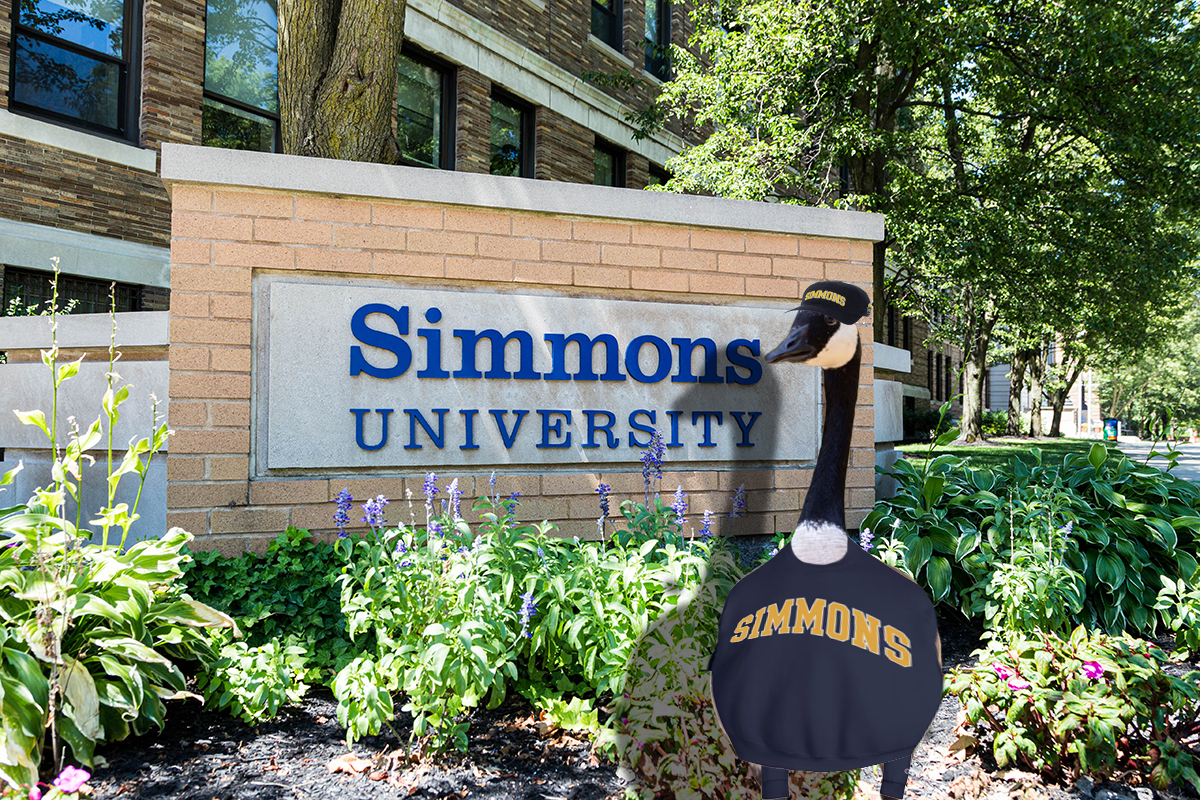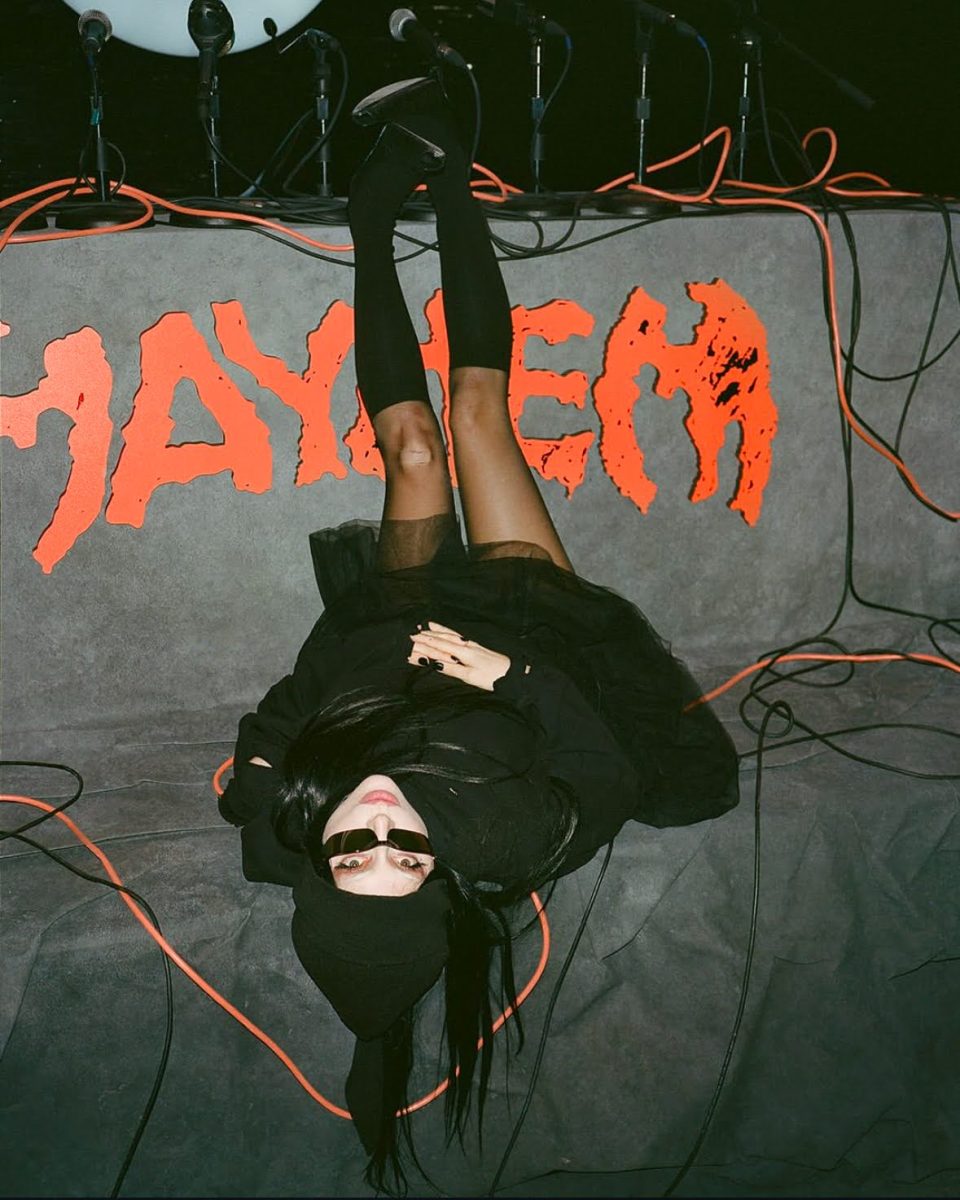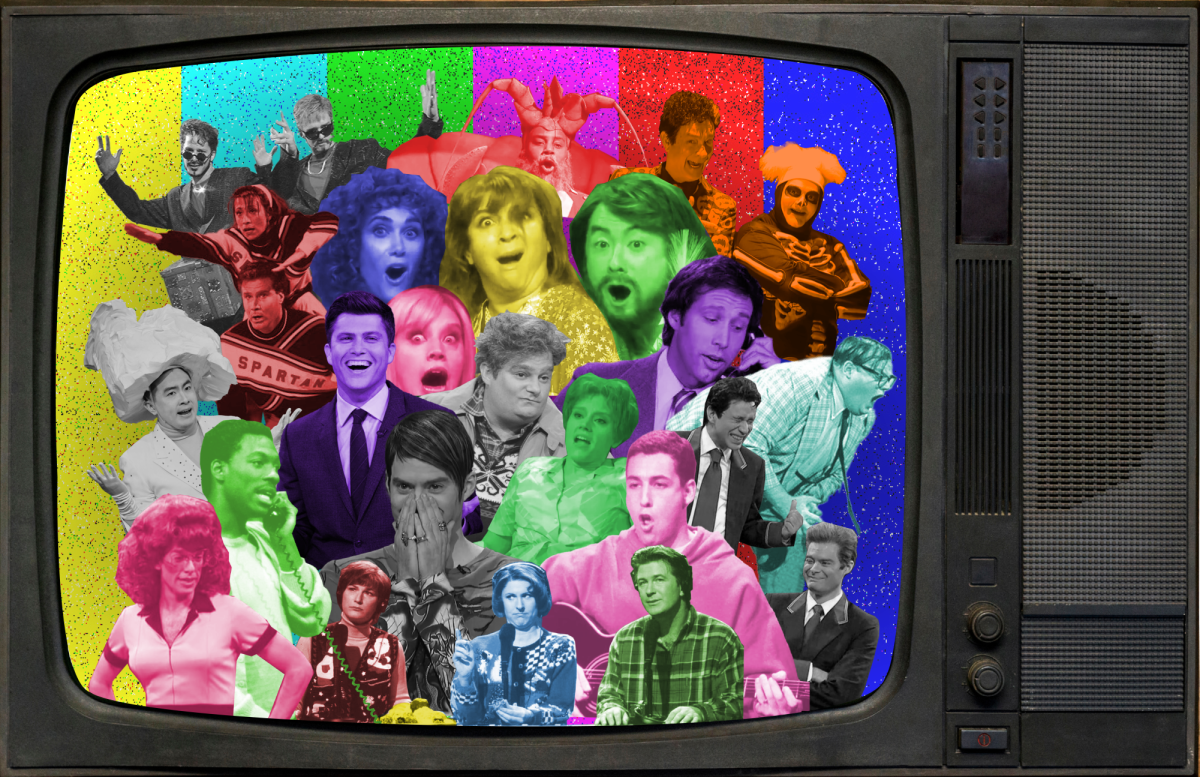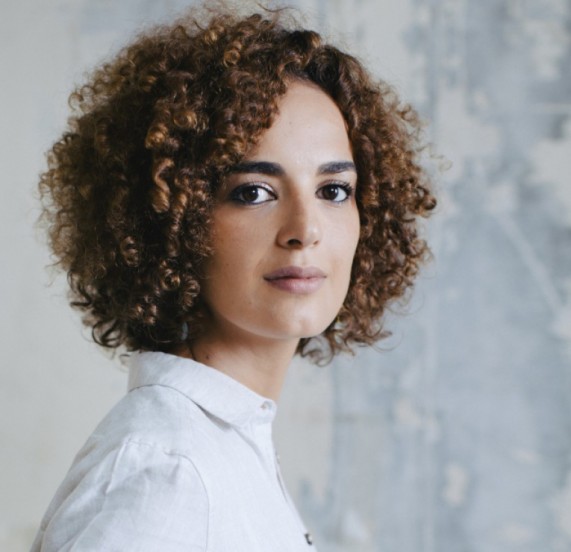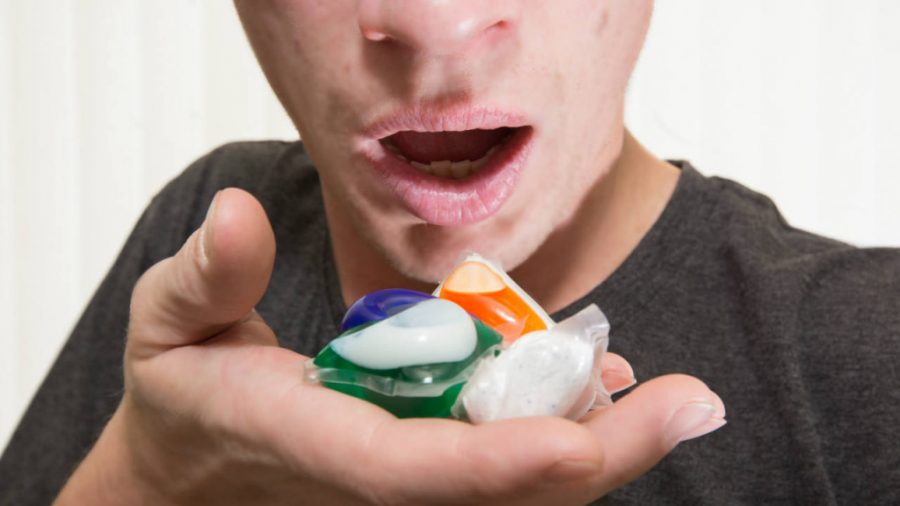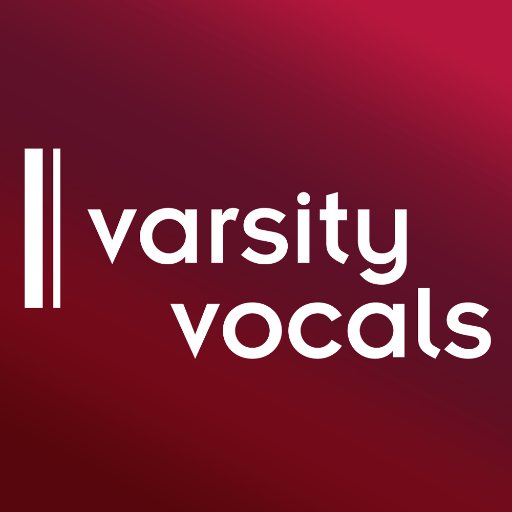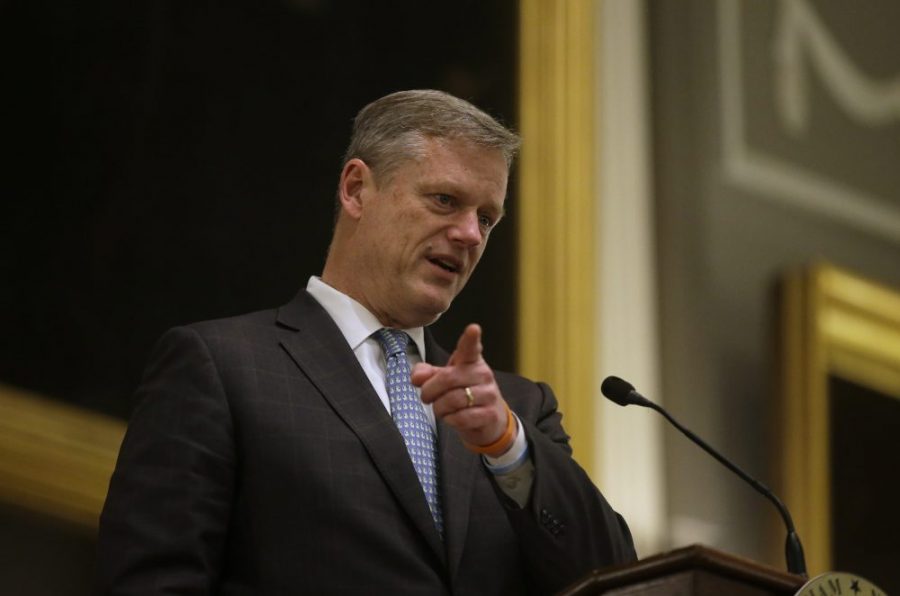By Julia Taliesin
Contributing Writer

When Maria Cervantes Gonzalez saw “The Vagina Monologues” in her first year at Simmons, she was just expecting to be entertained. What she found was a loving and supportive community. A survivor of violence, Cervantes Gonzalez said, “I realized I wasn’t alone.” Feeling empowered and liberated after experiencing the show her first year, she has participated every year since.
This year, as a senior, Cervantes Gonzalez will direct the show alongside co-directors Symonne Fontenot and Casey Walden.
Before experiencing the show, Cervantes Gonzalez said, “I only referred to my vagina as ‘down there.’” She is not the only one who describes having a transformed relationship with their body and self.
“This show changed my relationship with my vagina,” said Fontenot. “I don’t feel grossed out. I don’t try to ignore it anymore.”
Sophomore participant JT Toropov said, “I don’t feel weird saying it anymore. It’s just a friend that I have.”
Being a part of “The Vagina Monologues” is moving because, as senior participant Kellie Fitzgerald shared, “You are bringing that empowerment to others.”
Describing it as a very powerful experience, sophomore participant Kathleen Melendy said, “When you leave, you feel this validation.” Melendy said anyone who has ever felt shame about their vagina might see the possibility of a loving, accepting relationship with their body, even if they don’t feel it yet.
In a world that emphasizes altering bodies and silencing experiences, this show screams to restore power and ownership of vaginas to the people who have them. “Society’s like, ‘put your labia away,’” said senior participant Nicole Veneto, and “this is a space to let loose in.”
Experiencing this in any way, as a participant or attendee, is more than empowering and fun because you are supporting a local organization that helps the community. “The Vagina Monologues” will be performed Feb. 11-13 at 7 p.m. to raise awareness about violence against women. A different organization is selected every year to receive all proceeds from the show.
This year’s organization is TOD@S: Transforming Ourselves Through Dialogue, Organizing and Services. TOD@S was chosen for its collaborative mission, myriad of services offered in both English and Spanish, and locality in the Fenway. Student director Cervantes Gonzalez said any organization chosen needs a bigger community, and TOD@S “tied everything we are looking for together.”
Anyone unable to attend can support the cause in other ways. Assistant director Walden said donating to the art auction or attending any of the events leading up to the show offer opportunities to participate in the experience. More information about the art auction and events will be available closer to the show.
The directors acknowledge that this show can be triggering for some individuals. Fontenot stressed if someone chooses to attend and then feels uncomfortable it is completely acceptable for anyone to leave at any time.
This year, there is a particular emphasis on inclusion and representation of more voices within the experience. Only one monologue gives voice to transgender women and no monologue includes transmasculine or non-binary identities. No edits or additions are allowed when performing the show, so no individualized stories can be added.
Recently, there has been controversy over this lack of inclusion. Students at Mount Holyoke College retired the show and stated, “The show offers an extremely narrow perspective on what it means to be a woman.”
Eve Ensler, the show’s creator, responded in a letter published in Time magazine. She said the show was never meant to be about what it means to be a woman, rather about what it means to have a vagina. “We need to create a loving space for people with vaginas, and women without them,” Ensler said, “to address our oppressions, desires, and secrets and to simultaneously honor the fact that gender is not based on anatomy or genitalia.”
Student participant Toropov said the Simmons community is slowly changing the meaning of what women’s space means, and that idea should be honored in the show by expanding the experience.
Simmons students feel that inclusion is a priority, even if changing the show is not an option. The directors plan on hosting events providing a space for these voices.
“We want to make sure students know we understand people are missing,” said Cervantes Gonzalez. Fontenot said they want the art in the auction to be more “body empowering” rather than depictions only of vaginas.
The directors encourage everyone to give it a try because, when it comes down to it, they agree, “‘The Vagina Monologues’ brings people together.”










